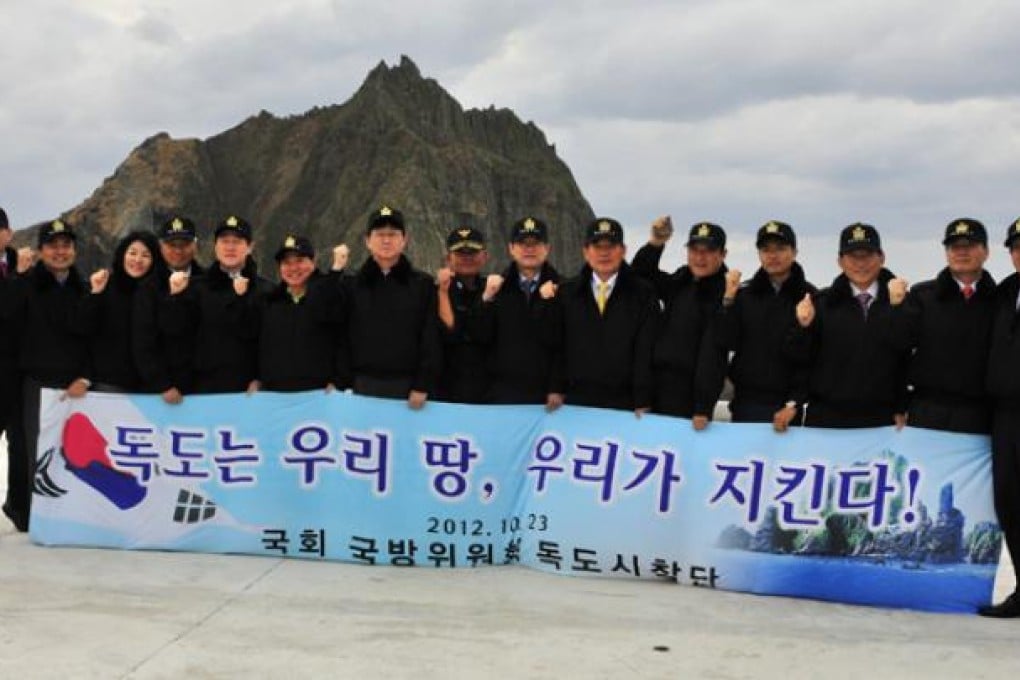
South Korea on Thursday lashed out at Google for changing the name of an isolated set of islands at the centre of a territorial dispute with Japan on its English-language web mapping service.
The protest came as Seoul and Tokyo are locked in a propaganda war to publicise their respective claims to the islands, known as Dokdo in Korea and Takeshima in Japan.
Google recently updated its Google Maps and – on the English-language version – replaced the name of Dokdo with Liancourt Rocks, a name taken from a French whaling ship that came close to being wrecked on the islets in 1849.
Google’s Korean-language service retains the name of Dokdo, while its Japanese-language service uses the name of Takeshima.
The South’s foreign ministry said Google had notified its embassy in the United States of the name change on October 18.
“At that time, we told Google officials that the name change is unacceptable,” foreign ministry spokesman Cho Tai-young told reporters.
“We made it clear that we can’t accept Google’s new policy because Dokdo is clearly Korean territory,” Cho said. “We will go on with our request to correct it.”